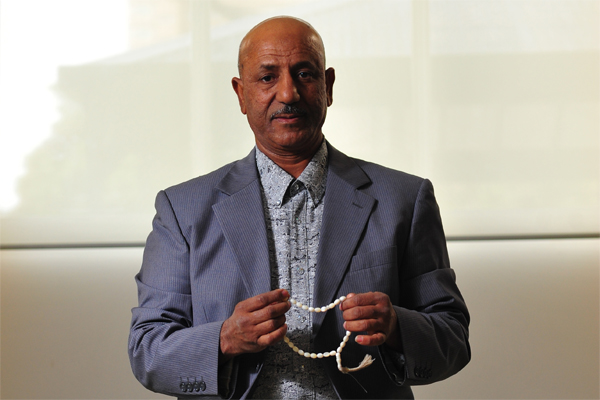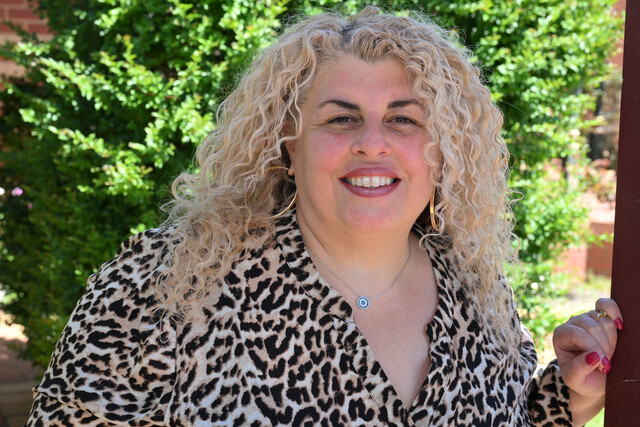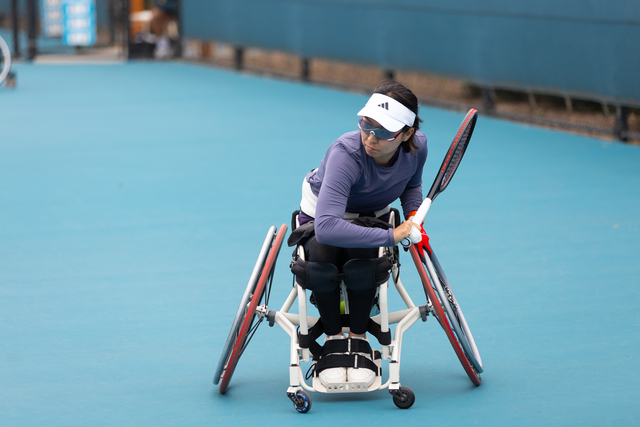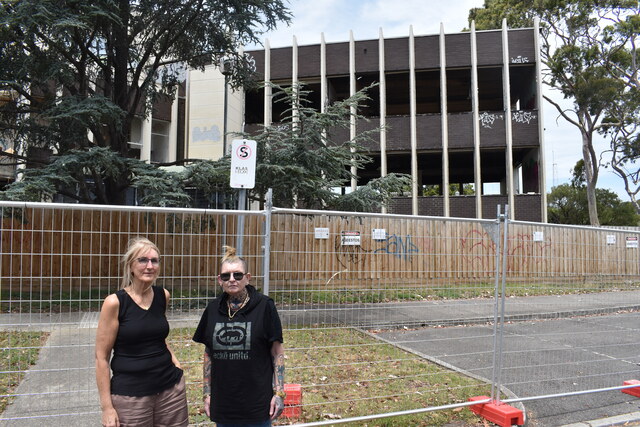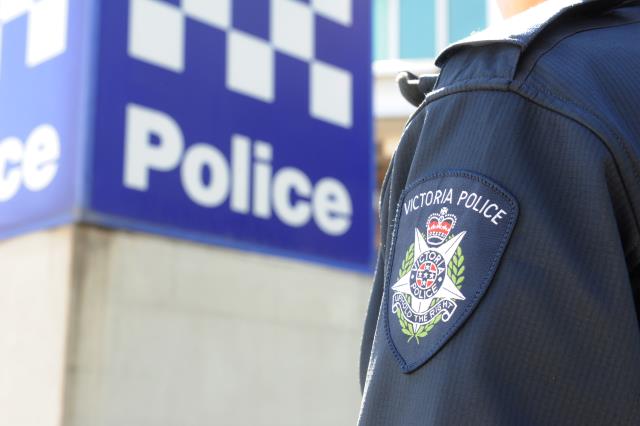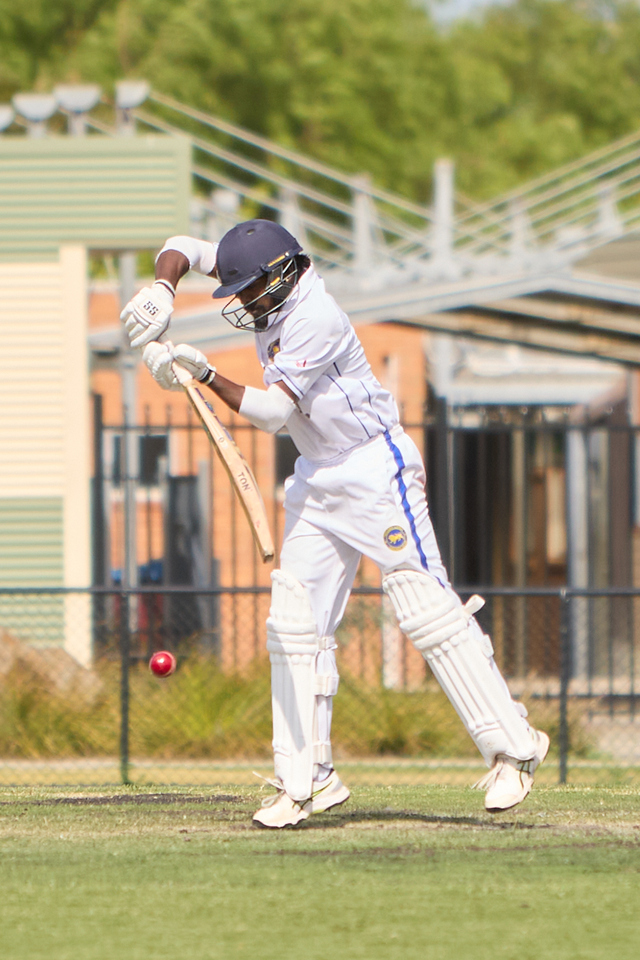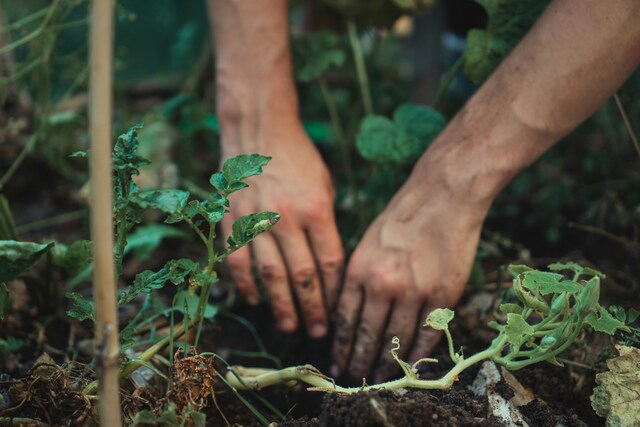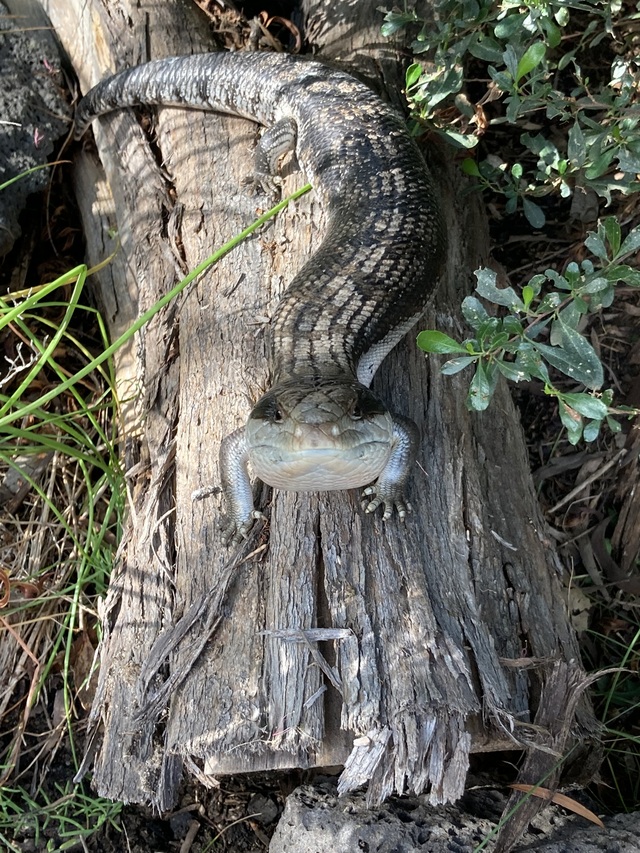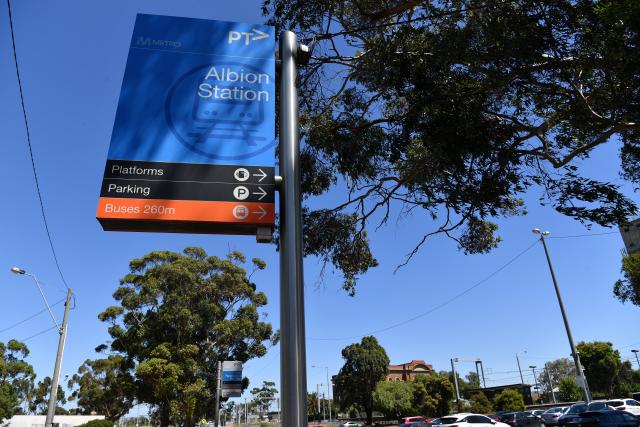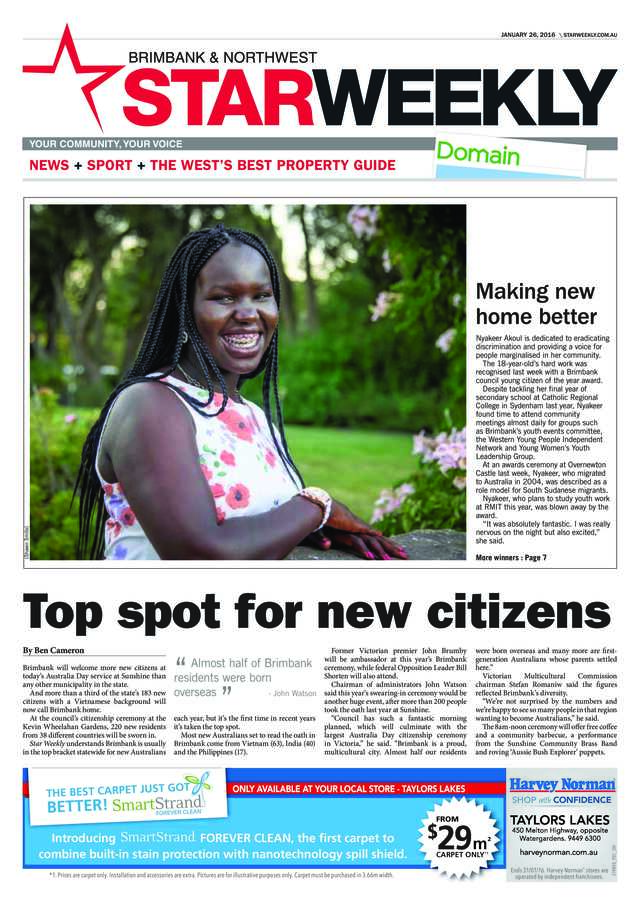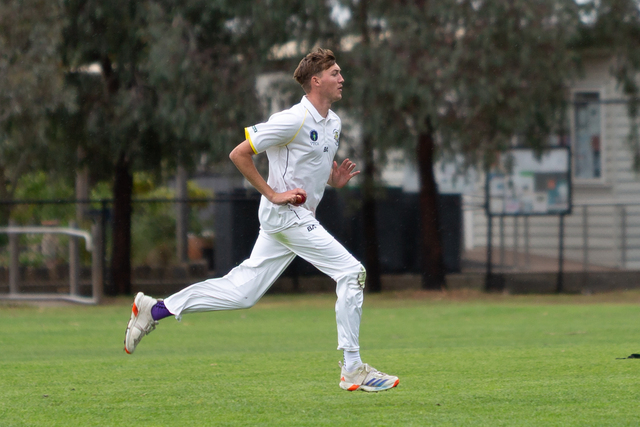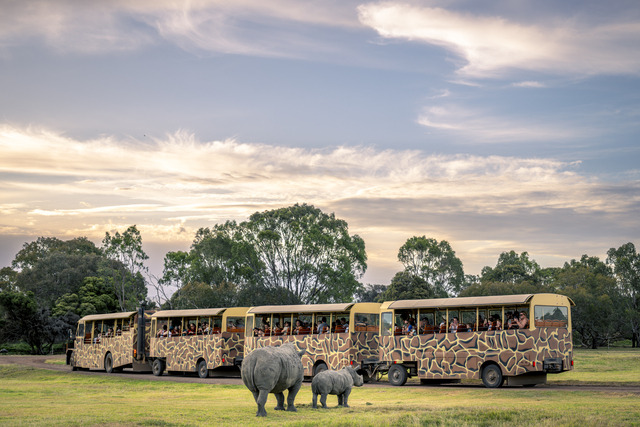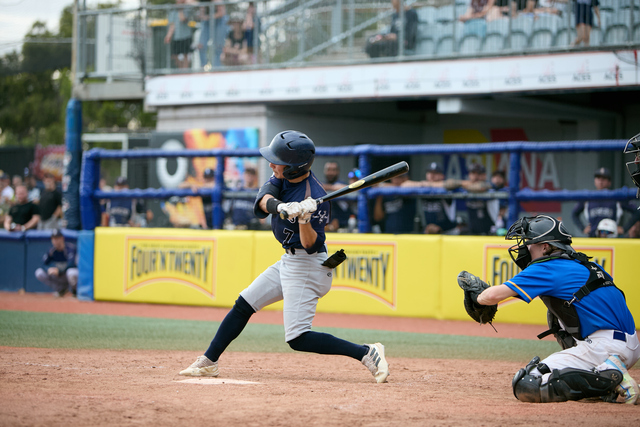AS muslims fast for the holy month of Ramadan, Goya Dmytryshchak looks at the barriers this community faces in its pursuit of unity in diversity.
Bachar Houli shakes his head and looks at the ground. He seems close to tears. It’s like the ‘Penny Wong moment’ on the ABC’s Q&A when the Labor senator, forced to defend her family structure, uttered those seven famous words: ‘‘I know what my family is worth’’.
I have just told the Richmond player and AFL multicultural ambassador — who is the first devout Muslim recruited for the role — about that day’s top story in Australia’s capital.
It concerns a Canberra community divided over plans to build a mosque, with some saying women in burqas will scare children.
Houli, who lives in Hoppers Crossing and attends Newport mosque, reacts like he’s been sledged.
‘‘I’m just in awe,’’ he says. ‘‘They say our country’s not a racist country but you know what? We’re a long way away from becoming multicultural, and part of my role in the AFL is to break down these barriers. But we’re a long way from it.
‘‘It’s sad to see because we are a multicultural country. Things like this shouldn’t stop you. Look, sorry … it’s just very, very disturbing, you know.’’
Drafted by Essendon in 2006 before switching to Richmond two years ago, Houli says Muslims had the same sort of problem getting prayer rooms at footy grounds.
‘‘You’re always gonna get, you know, that sort of division. That’s society these days.
‘‘You want people to accept you at the end of the day.
‘‘We just want basically, you know, a place we can use at half-time or three-quarter-time, where we go in there for two or three minutes to do a bit of praying, mind our own business, and go to back watching the footy, go back to watching something that we all love.
“Why should football divide people because of something so small.”
Being exposed to so much fame, not to mention the WAGS and fans surrounding elite footballers, must be hard for any young man.
Is it even tougher for the married 24-year-old Muslim?
‘‘Not for me,’’ Houli says. ‘‘There’s a lot of temptations in football and you get access to a lot of things and a lot of places. A lot of fans as well.
“So I thought the best thing was to find the right lady and to settle down with her.
“But you know, my mindset, always, ever since I was a young kid, was to get married early. I wanted to settle down and try to have kids at a young age. I wanted to grow up with my kids.
“When I entered the AFL system, people thought it would drive me away from my religion, but if anything, it made me a stronger person. It made me appreciate what God has given me.”
Of course, not everyone can get married in Australia, which leads me to broach the subject of same-sex marriage.
“At the end of the day, we’ve got to respect everyone for who they are,” Houli says.
“In terms of the religion perspective it’s not permissable and, I’d say, most religions if not all religions don’t allow this. But look, as I said, we live in a society where we have to accept each other and that’s where it goes.”
Fatoum Souki is apprehensive about visiting New York, veiled in the hijab and the spectre of September 11.
The award-winning lawyer, who practices in Melbourne’s north-west, has been honoured for her work championing social justice.
Weeknights, the Altona North resident, who works at Glenroy, volunteers at the Newport-based Western Suburbs Legal Service.
She was schooled at Gilmore Girls College in Footscray, and sent back to the motherland, Lebanon, for a two-and-a-half year taste of her parents’ culture and religion.
“I think it’s a bit more ‘excluding’ here, only because it’s very obvious we are different — for the females probably more so, because a man could be growing a beard but it could just be seen as, you know, he can’t bother to shave.
“But with the Muslim women, it’s very obvious that we’re Muslim and for some people, they’re not necessarily adjusted or comfortable with the idea of Muslims because of the general expectation from within the media or the attitude of the general public.
“I was actually having a conversation with my brother yesterday. He plays for Spotswood and he gets questions all the time and one of the questions he always gets is: ‘Why do women cover up?’
“And it’s a very hard thing to explain because if you say it’s because of modesty it’s almost offending people who don’t cover up.
“But it’s very much modesty from the faith that you follow.
“That is not to say that someone who is not Muslim is not modest based on their own sense of modesty.”
Now 28, Souki is expected to live under her parents’ roof until marriage.
“I am sure for most people, someone at my age or maybe at my work would think, ‘Why would she still live at home?’
“But I have no qualms with it at all.”
What she has qualms about is her impending holiday to the United States.
“I would love to go to New York … Fifth Avenue, Central Park, that type of thing.
“I don’t know what to expect because of simply being in the heart of New York and the attitudes towards people who are visibly Muslim.
“I do think a lot of people who probably didn’t necessarily understand Islam before Septemeber 11, … probably think Muslims are the worst people that could ever have come on the earth.”
When Yasseen Musa first arrived in Australia about 20 years ago, his skin colour turned heads.
When I find him inside Flemington’s high-rise flats, the Eritrean community leader is bowed in prayer.
It seems an unlikely place to pray, but the driving instructor is used to stopping what he’s doing, facing north and praying for a few minutes, and then getting on with the job.
‘‘When the time of the prayer comes — [whether] my customer is Christian, my customer is Jew, my customer is a Muslim — I tell them can you please wait five minutes.
‘‘I do my thing from my car: I put it toward Mecca and I pray.’’
Musa says that if ‘‘a member of white society’’ — went to his jungle back home, they would cause fear among a majority black population.
‘‘You can’t blame someone who doesn’t know about you,’’ he says.
The Sydenham father-of-six said much had changed since the early ’80s, but his wife, who wears a veil, still experiences stares.
‘‘The Australian Government was generous to bring more Muslims to here. When I came 20 years ago there was not many Muslims around so sometimes, for my wife to go outside with a veil, for example, it was a little bit unusual.
‘‘Around here, because a lot of people are similar to her living, it was OK.
‘‘But to go into the city with these type of clothes, people may harass her.
‘‘It is my duty to call you and show you who I am — why this doesn’t affect you, it doesn’t affect your society. Me and you. We have live together.’’

